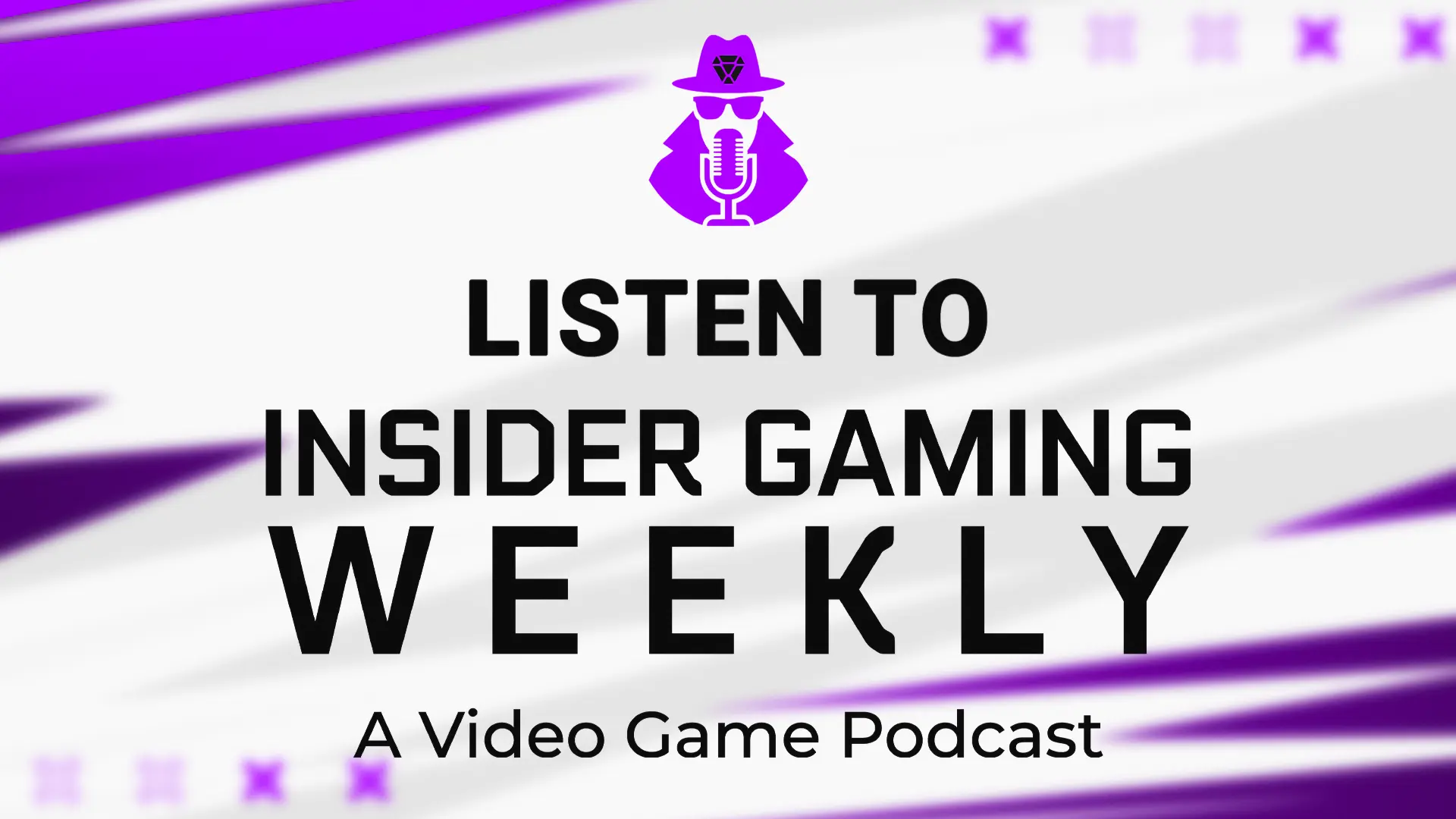It’s something hundreds of millions of people already knew, but now it has been proven in a study backed by the University of Oxford.
Recently, findings were published following an extensive research period involving thousands of gamers from 39 countries. These players were put to the test on a modified version of PowerWash Simulator, and through the feedback they provided, Oxford’s intellectual experts determined that, as you might have expected, playing games makes you feel better.
In Black and White
This was a hefty study, with data being pulled together from 162,325 reports gathered across 67,328 sessions. Those representing the University of Oxford invited 8,695 players to take part, all of which sat down to play a custom build of PowerWash Simulator that was almost indiscernible from the base game.
As players put in the hours, they were regularly prompted to give granular feedback on their mood. Through a complex scale made up of 1,000 possible values, Oxford’s geniuses were able to determine that participants (approximately 72.% of them) felt better about themselves while playing a video game.
In particular, they felt their mood improving in the first 15 minutes of a session.
It was stressed that when compared to similar studies involving shopping, reading, cooking, or taking a walk, the ‘mood boost’ wasn’t as sharp. At the top of the scale sits sexual intercourse, which research has proven offers a 28% positive mood boost.
The report published by the University of Oxford outlined some critical points from these findings:
- They found that the uplift is greater for those who started gaming with a lower mood.
- They found that ‘anticipatory effects’ can artificially boost moods, with players anticipating an imminent reward being more likely to vote positively.
It’s worth pointing out that this study was kicked off back in 2022, and it’s only now that the team has published its findings.
Nick Ballou, a postdoctoral researcher from the Oxford Internet Institute, said:
By investigating player experiences during natural play of a popular and commercially available game, we found strong evidence for a small positive change in mood over the course of a play session.
Our current study corroborates what qualitative research and reports from video game players around the world have long suggested: People feel good playing video games
There it is – you now have a legitimate reason to while away the hours playing games. I’m curious if the results would have been the same if players were locked into something like Call of Duty or Escape from Tarkov.
If you’re interested, you can check out the full paper from the University of Oxford.
For more Insider Gaming coverage, check out the news about T1’s future based on Faker










